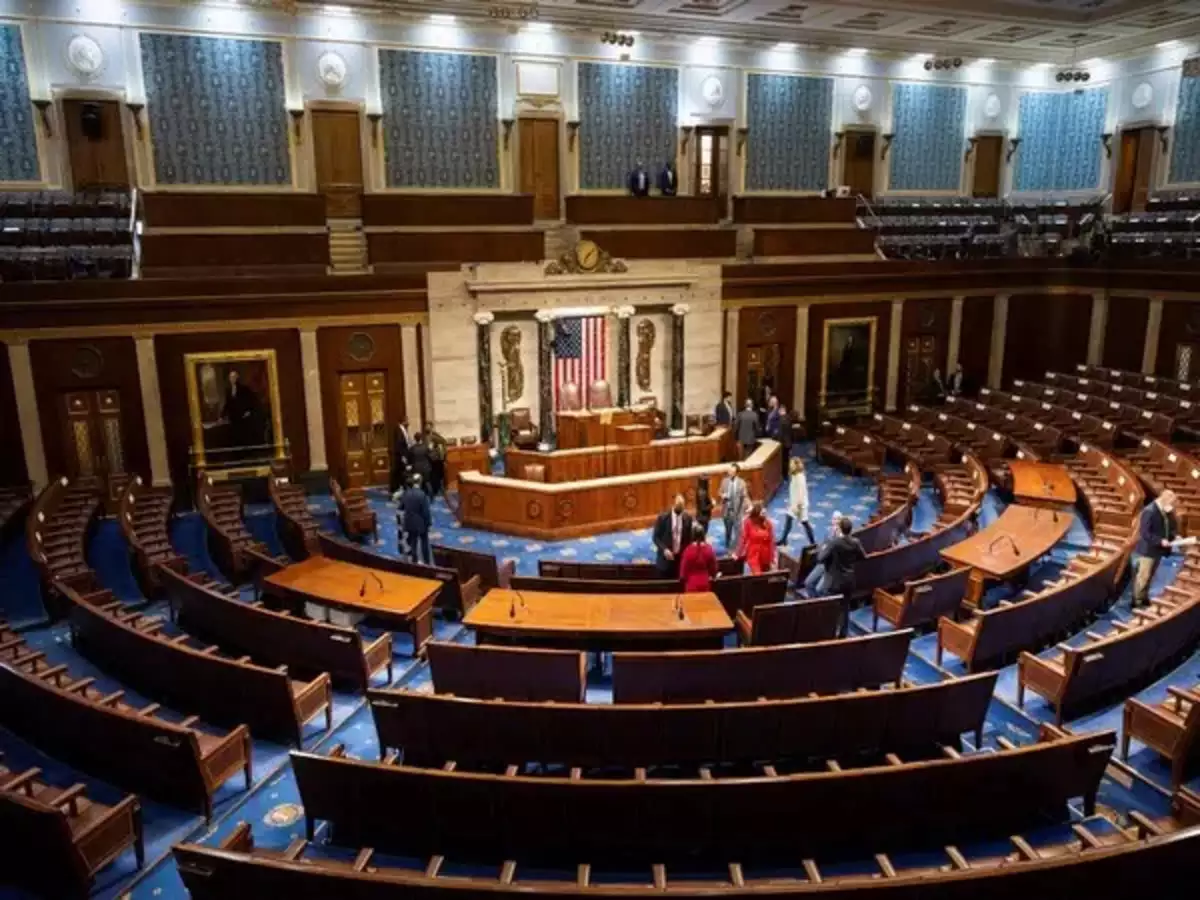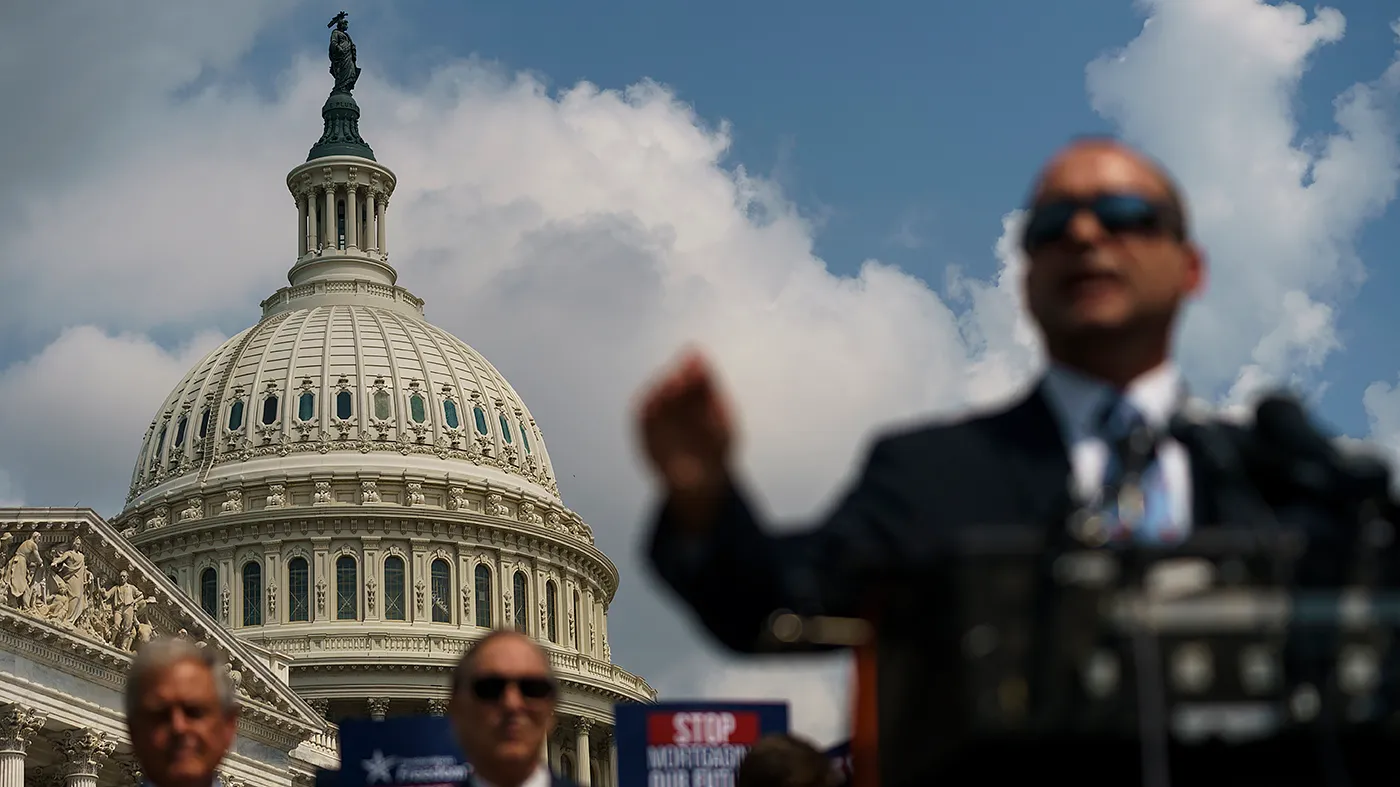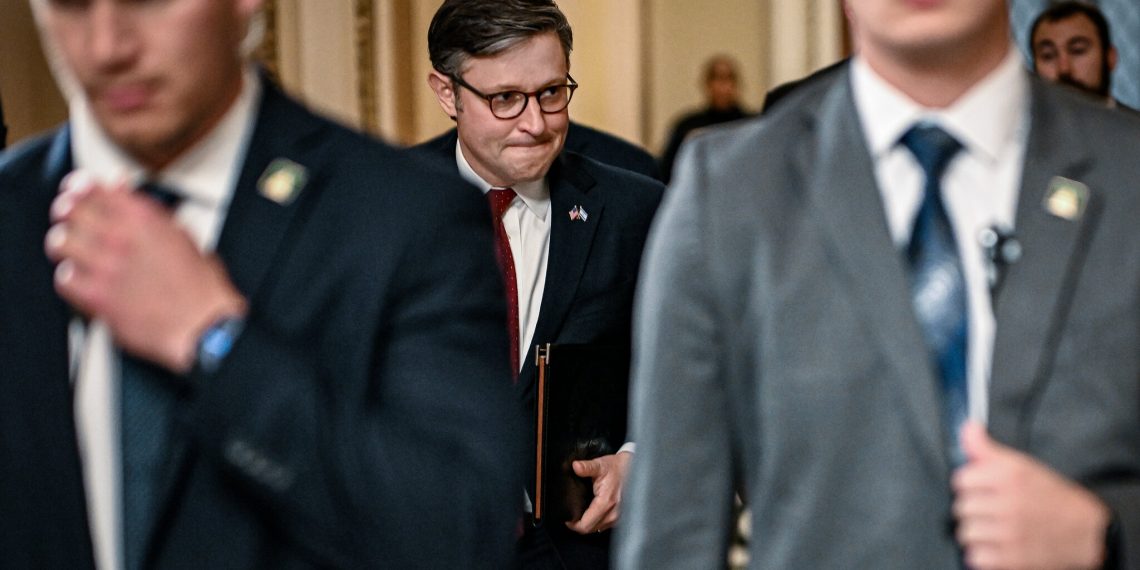After experiencing several days of delay, U.S. congressional leaders finally revealed a $1.1 trillion bipartisan spending measure early on Thursday. The comprehensive package covers defense, homeland security, and other crucial programs, offering lawmakers less than two days to prevent a partial government shutdown.
The Republican-led House of Representatives is scheduled to vote on the extensive package on Friday, leaving the Democratic-controlled Senate with only a few hours to pass the legislation.
The package comprises six bills that account for approximately two-thirds of the $1.66 trillion in discretionary government spending for the fiscal year that commenced on October 1.

Top Senate negotiators, Democrat Patty Murray and Republican Susan Collins, emphasized the bipartisan nature of the compromise, highlighting its investment in the American people, economic growth, community safety, and national security.
The Congressional Budget Office issued a cautionary note, projecting significant growth in U.S. deficits and debt over the next three decades. The national debt, currently at $34.5 trillion and representing about 99% of GDP, could surge to 166% of GDP by 2054.
Senate Majority Leader Chuck Schumer expressed optimism about averting a shutdown if Democrats and Republicans in the Senate collaborate effectively. Yet, the tight timeline raises concerns about a potential partial shutdown post the Friday midnight deadline, unless an agreement is swiftly reached.
House Speaker Mike Johnson highlighted Republican victories in the spending bill, including increased funding for defense and border security, alongside a halt in U.S. funding for a key United Nations relief agency aiding Palestinians in Gaza.

Democrats, meanwhile, emphasized their success in blocking Republican cuts and policies while securing funds for childcare, and small businesses, and combating the opioid crisis.
With a narrow 219-213 House Republican majority, Johnson will likely need Democratic support to advance the spending bill to the Senate.
Despite expected opposition from some House Republicans, the bipartisan agreement is poised to fill in the funding details for various government agencies, averting a looming shutdown.





